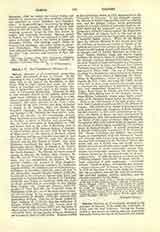

Caiazao, Diocese of (CAIACENSIS), situated in the province of Caserta, Italy, amid the mountains of Tifati near the river Volturno. During the Roman period it was known as Calatia, and was important, especially during the wars of the Samnites and of Hannibal. According to legend, Christianity was introduced by St. Priscus, first Bishop of Capua, of which see Caiazzo is suffragan. The first known bishop of Caiazzo was Arigisus, the exact time of whose episcopate is uncertain; however, as the name indicates, it could not have been before the beginning of the seventh century, when the Lombards settled in that region. Other bishops known to history were: Stefano, who had been Abbot of S. Salvatore in Capua (d. 1025), and his successor Ferdinando; Jacopo (d. 1253), exiled by Frederick II for his fidelity to the Holy See; Giuliano Frangipane, a man of great wisdom, elected in 1472; Vincio Maffa, elected in 1507, theologian at the Lateran Council (1512); Fabio Mirto, elected in 1537, who took part in the Council of Trent, and was Apostolic nuncio to Paris at the time of his death (1587); Ottavio Mirto Frangipane, elected in 1572; Orazio Acquaviva, who was captured by the Turks at the battle of Lepanto, and who on regaining his freedom became a Cistercian (1590); Sigismondo Taddeo, elected in 1641, distinguished for his learning. The Diocese of Caiazzo contains a population of 25,000, with 72 churches and chapels, 35 secular priests, and 3 religious institutes.
U. BENIGNI

